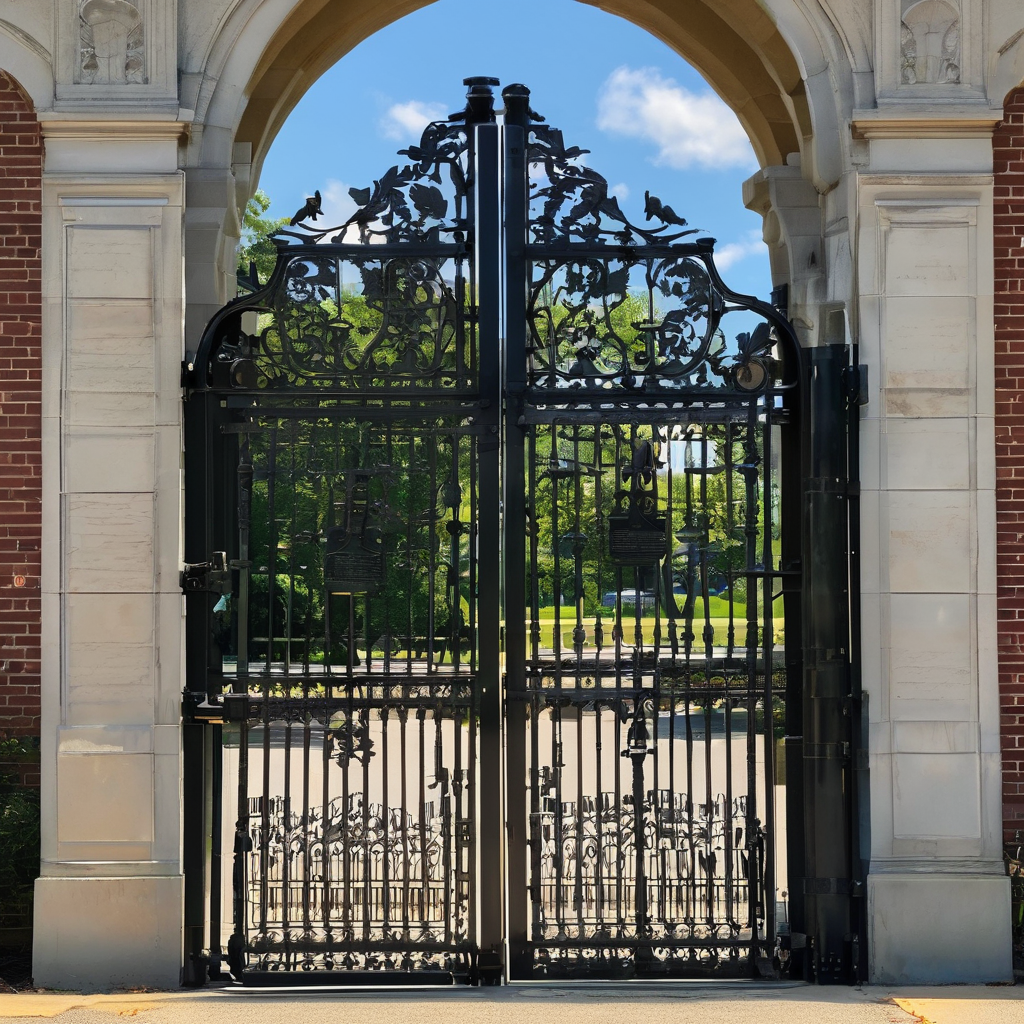In an unusual turn of events, several top officials from Donald Trump’s White House have chosen to reside in homes typically reserved for high-ranking military officials in Washington, D.C. This shift comes as the officials seek to distance themselves from neighborhoods where they were frequently targeted by protests, particularly in more liberal areas of the capital. Notable figures making this transition include Stephen Miller and Secretary of State Marco Rubio, who have moved onto “Generals Row” at Fort McNair, along with Homeland Security Secretary Kristi Noem and Defense Secretary Pete Hegseth.
The officials have cited security concerns as the main reason for their relocation. Reports indicate that at least one senior official, whose identity has not been disclosed, has opted for military housing due to threats reportedly linked to a foreign entity. This trend has raised eyebrows, as the increasing demand for such housing strains an already limited supply and may further exacerbate tension between political appointments and military leaders.
Interestingly, this practice is relatively new for Cabinet members. During the Obama administration, then-Secretary of Defense Robert Gates was the first to utilize such accommodations but faced a steep rent of over $6,500 per month—equivalent to nearly $10,000 today. New legislation enacted by Congress eventually alleviated some of these financial burdens, allowing more officials to follow suit.
Noem’s situation has particularly caught the public eye, as she reportedly lived rent-free at Joint Base Anacostia-Bolling, claiming that her security necessitated the arrangement. However, questions linger about her circumstances, as there have been no confirmed serious threats against her.
The move into military housing has not been entirely smooth for all involved. Miller and his wife faced significant backlash from activists in Virginia, prompting them to sell their home amid increasing tensions.
In contrast, it has been reported that other civilian officials are paying fair-market rates for their housing in D.C. For instance, Hegseth pays approximately $4,655.70 monthly for his residence, which was recently renovated at a cost of $137,000. This figure is relatively modest compared to the rental market rates for larger townhouses in nearby neighborhoods.
The transition of these high-profile officials into military housing opens discussions about the intersection of politics and military oversight, particularly as officials grapple with the perception of privilege while crucial issues, such as substandard living conditions for servicemembers, remain unaddressed. As these dynamics unfold, it is evident that the overlap of political and military spheres is increasingly intricate and may require careful navigation to maintain order and accountability in government.
